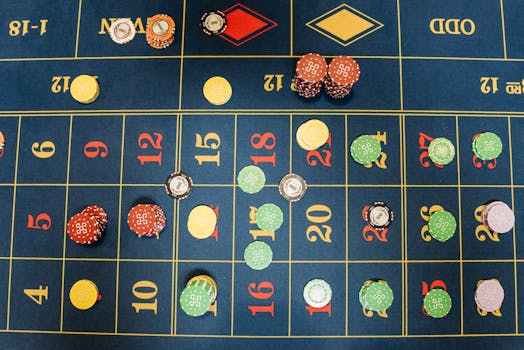RTP in Gambling: A Simplified Explanation
Understanding the concept of Return to Player (RTP) is crucial for anyone involved in gambling, whether you're a casual player or a serious punter. RTP is a term used widely within the gambling industry, and this article aims to provide a clear and comprehensive explanation of what RTP means, how it works, and its implications for players.
Introduction to RTP RTP stands for Return to Player, and it represents the percentage of the total money wagered on a particular game that will be paid back to players over time. Essentially, it's a measure of how much you can expect to win back from a game, statistically speaking. For example, if a game has an RTP of 95%, theoretically, for every $100 wagered, the game will return $95 to players eventually.
How RTP Works The RTP is calculated based on the rules of the game and is usually determined by simulation or actual data from the game. It's important to note that RTP is a long-term average. It does not guarantee that every player will get exactly that percentage back in every session, but it provides a good indication of the game's fairness and potential payouts.
Advantages and Disadvantages of High vs. Low RTP Games
- High RTP Games: These games offer a higher percentage of winnings back to the player, which can be advantageous for long-term play. However, they might offer smaller payouts or less frequent large jackpots.
- Low RTP Games: Typically, these games provide larger jackpots but less frequent payouts. They can be more exciting and potentially rewarding for those looking for big wins, but they also pose a higher risk of losing money more quickly.
Practical Examples Consider two slot machines: one with an RTP of 96% and another with an RTP of 90%. Over time, the machine with the higher RTP will return more money to players, making it a better choice for those playing frequently or with a strict budget.
Conclusion: Why RTP Matters Understanding RTP helps players make informed decisions about where to place their bets. Games with higher RTP rates are generally more favorable for the player, offering better chances for sustained play and potential returns. Always check the RTP of a game before you start playing, and remember that gambling should always be done responsibly.
In conclusion, RTP is a fundamental concept in gambling that impacts your winning potential. By choosing games with a higher RTP, you can increase your chances of a favorable outcome. Remember to gamble responsibly and enjoy the experience.

.png)



